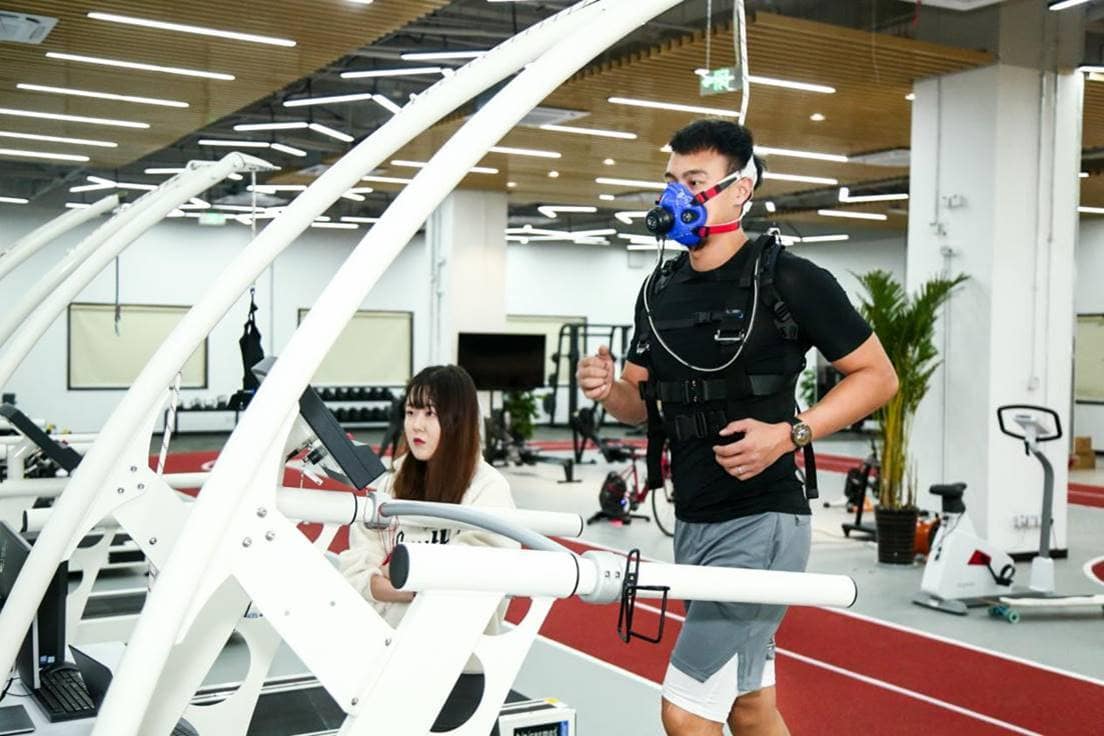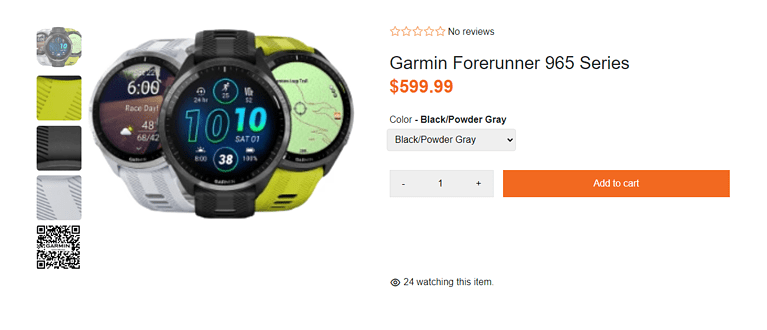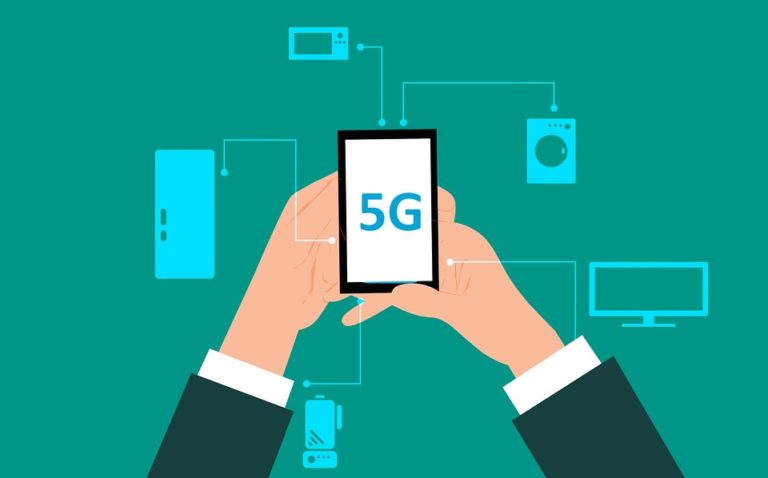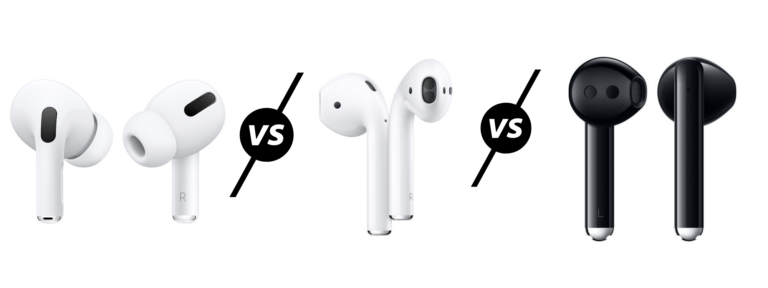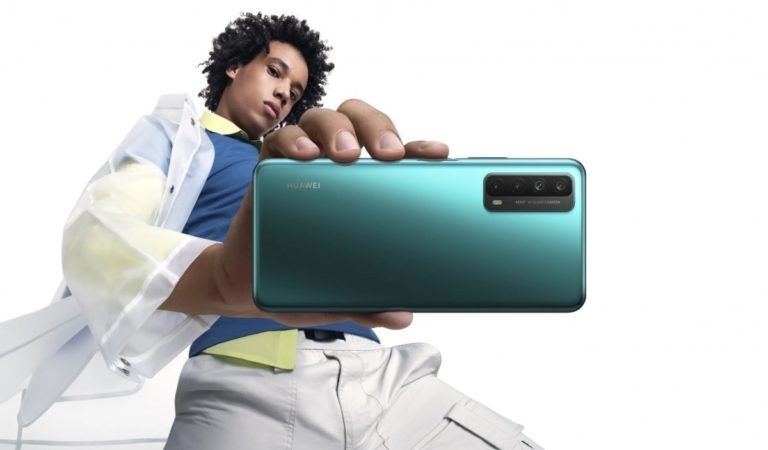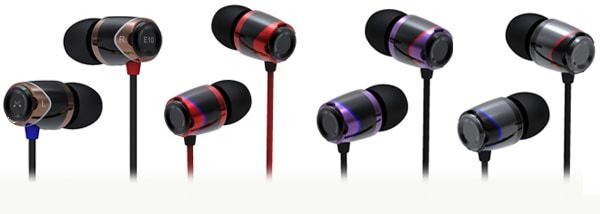Any links to online stores should be assumed to be affiliates. The company or PR agency provides all or most review samples. They have no control over my content, and I provide my honest opinion.
Not really newsworthy but some insight into what goes into the development of Huawei fitness wearables such as the GT2 Pro and GT 2e.
Huawei has just launched its Health Lab, which includes an experimental smart wearable product testing area and a sports health innovation area.
Within the experimental smart wearable product testing area, engineers have set up more than ten reliability tests and all smart wearables will stand up to destructive testing repeatedly. Only those products that have passed the test will be introduced to the market and eventually, consumers.
Over 40 researchers, developers and testers work together closely in the lab, actualising their passion for an active and healthy lifestyle with help from a wide range of specialised research equipment and innovative research methods.
In 2020 alone, researchers have collected 10,900 hours of running data and a running mileage of around 105,000 kilometres
I guess none of those 40+ researchers or athletes used Strava or thought to suggest it for Huawei wearables.
While it is impossible to cross-reference the Huawei fitness data against other brands, due to lack of access to that data, you should be able to take comfort in the knowledge that the data it provides is accurate, compared to other companies that carry out less thorough research.
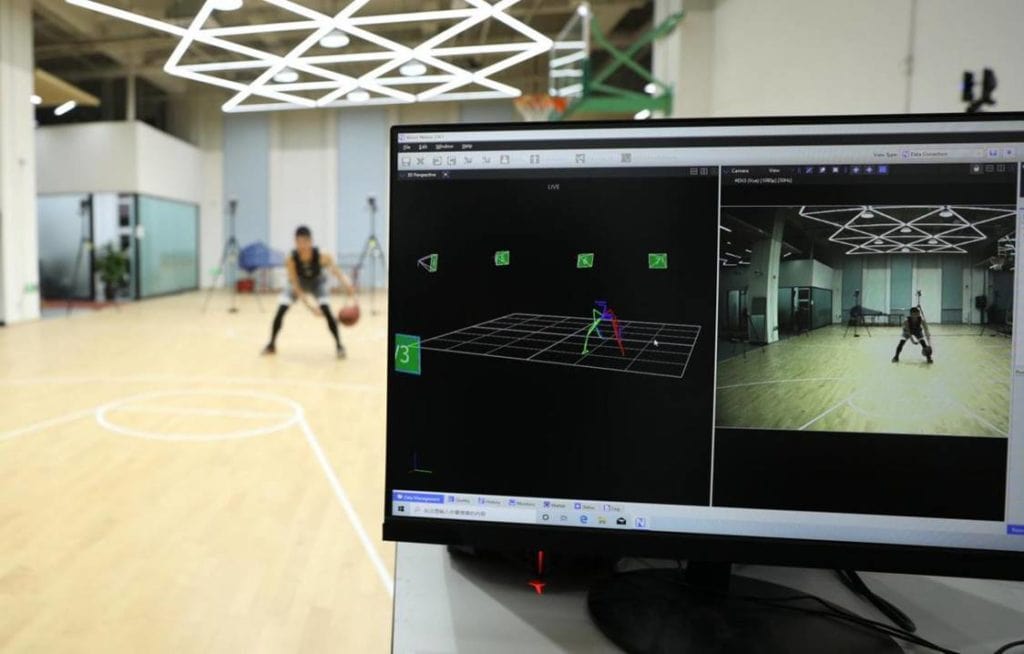
Full press release:
The brand-new HUAWEI Health Lab: adding simple yet scientific twists to sports and health innovation
London, UK – 16th December 2020 – Huawei today announced the implementation of its brand-new HUAWEI Health Lab in Xi’an, China. HUAWEI Health Lab researchers, engineers and developers will explore the innovation and application of new sports and health technology, bringing the scientific and convenient sports experience to global consumers.
The brand-new HUAWEI Health Lab includes an experimental smart wearable product testing area and a sports health innovation area. Within the experimental smart wearable product testing area, engineers have set up more than ten reliability tests and all smart wearables will stand up to destructive testing repeatedly. Only those products that have passed the test will be introduced to the market and eventually consumers. Researchers have simulated more than 20 exercise scenarios to collect fitness and health data, and optimise algorithms. As a result, consumers of different physical ability can obtain the accurate fitness and health data from Huawei’s wearable products.
“Smart wearables are tiny gadgets, but they bear big thoughts which guide consumers to a more scientific workout experience and a healthier life,” said Richard Yu, CEO of Huawei’s Consumer Business Group (BG). Today, Huawei’s smart wearables are among the most popular devices on the market, and as a response to consumers’ trust and loyalty, Huawei is committed to staying innovative, enhance R&D capabilities, and improve the professionalism in the field of sports and health technology to offer global consumers a scientific and healthy lifestyle.
Huawei unveils its brand-new HUAWEI Health Lab for professional enhancement
In 2020, HUAWEI launched seven smart wearables to the market including the HUAWEI Watch GT 2, HUAWEI Watch GT 2 Pro, and HUAWEI Watch Fit, which have won acclaim from global consumers for their professional fitness and health functions and product experience.
According to the market research report of IDC, a world-renowned market consulting firm, Huawei’s wrist wearables were ranked number one in the second quarter of 2020.
To provide global consumers with more advanced smart wearable products and the best fitness and health experience, Huawei’s smart wearable and fitness and health R&D team spent nine months integrating existing R&D resources as well as introducing new professional research devices. After re-location and planning, Huawei’s smart wearable and fitness and health R&D team built the brand-new HUAWEI Health Lab to further enhance innovation capabilities.
Create precise algorithms and simple scientific workout experiences through complex R&D tests
The secrets to the birth of these scientific features are housed in the HUAWEI Health Lab. Over 40 researchers, developers and testers work together closely in the lab, actualising their passion for an active and healthy lifestyle with help from a wide range of specialised research equipment and innovative research methods. Behind the convenient health and fitness experience offered by Huawei wearable products, there is always a complex R&D process that happened within the HUAWEI Health Lab.
During the development phase of HUAWEI WATCH GT 2 Pro’s Golf Driving Range Mode, the indoor golf simulation device played an important role. After 20,000 swings, more than 2,500 sets of professional data were collected, which algorithm engineers then used to tune the algorithms to ensure that the feature provides the best possible experience for consumers.
To capture health data such as maximum oxygen uptake, running posture, heart rate and calories burnt when running, researchers at the HUAWEI Health Lab designed a core data collection system using a foot pressure treadmill, cardio-metabolic mask, and a heart rate belt.
In 2020 alone, researchers have collected 10,900 hours of running data and a running mileage of around 105,000 kilometres. These data are continuously verified and optimised by data algorithms to restore the actual physical state of people when they are running and are eventually applied to Huawei’s wearable products.
Multi-disciplinary research group continually advancing Huawei’s smart sports experience
“In the HUAWEI Health Lab, research equipment is not the only important element, but also researchers and their innovative research solutions,” said Rico Zhang, President of Smart Wearable and Health Product Line in Huawei Consumer Business Group (BG). HUAWEI Health Lab is staffed by researchers and developers with a wide range of professional backgrounds, spanning many areas across the spectrum of sports and human sciences. They include professionals from sports and human physiology, training and physical education, sports rehabilitation, medicine, software engineering, algorithmic engineering, bioscience engineering, material hardware, structural design and test engineering. “Together, this multi-disciplinary group of researchers and developers have combined and exchanged their expertise to create an innovative new research methodology, turning this laboratory to an innovative workshop for a healthy lifestyle and enable smartwatch to act as a wrist-bound personal trainer, helping consumers to exercise scientifically and live a healthier life.”
The first floor of the HUAWEI Health Lab is dedicated for reliability tests. Huawei’s product testing engineers reference to the national and international standards in using mechanical equipment and software to simulate extreme usage scenarios, and conduct durability tests on the hardware and software of Huawei’s wearable products.
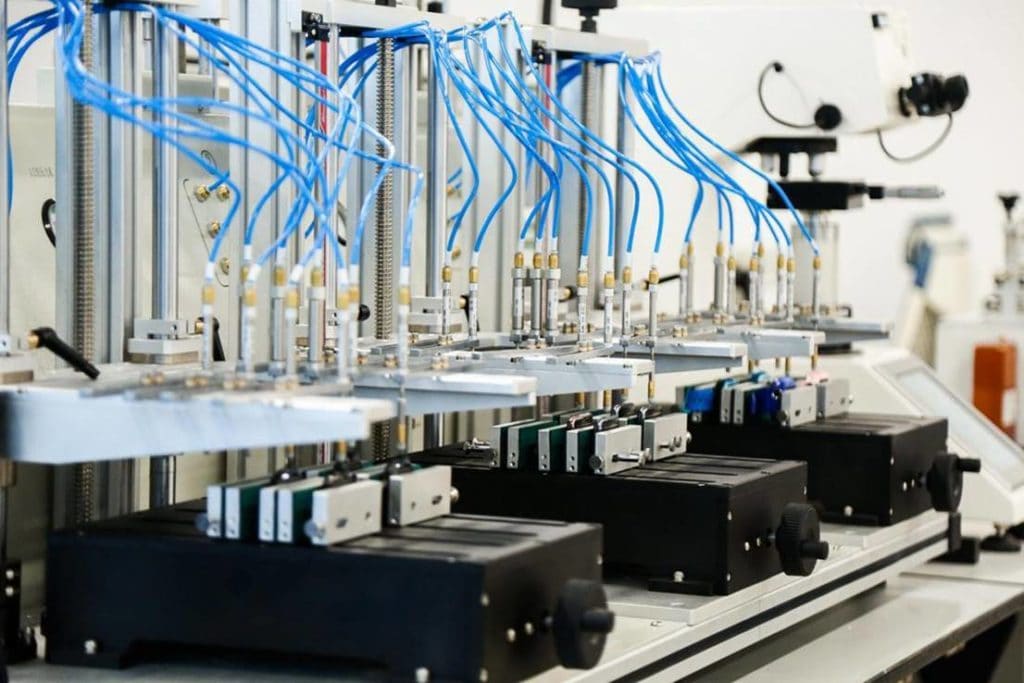
There are hundreds of reliability tests designed by the product team. Among them, a quarter of the test items belong to the extreme durability test. For the Huawei smartwatches and bands that are going to the tests, this is undoubtedly a journey of no return. If the test fails, they will be disassembled to analyse and sent to the factory to destroy.
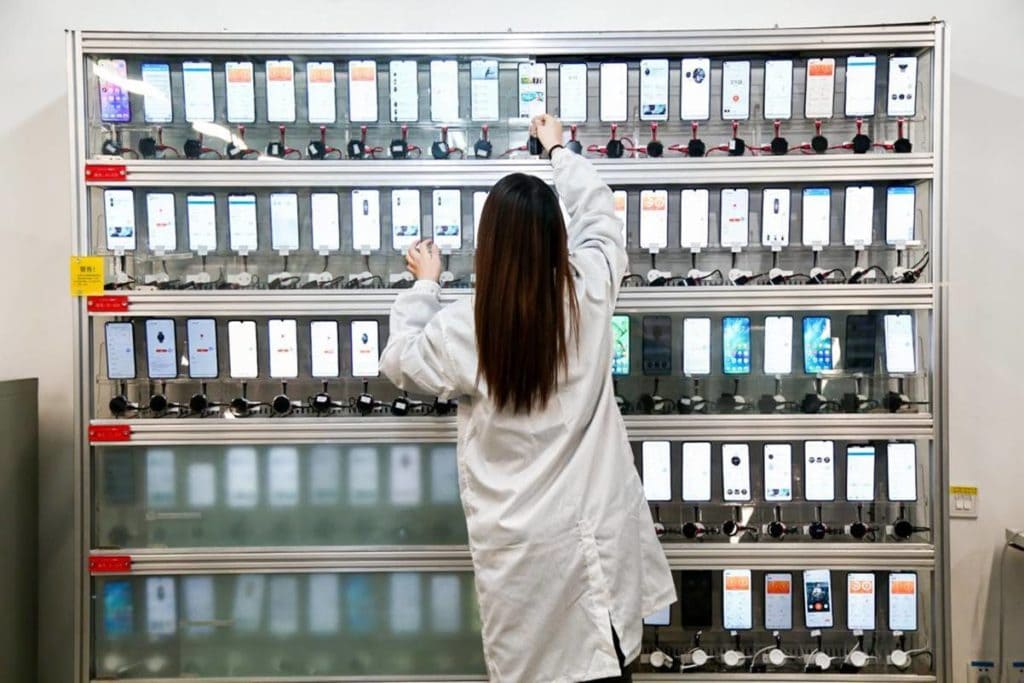
“In the future, Huawei will continue to increase the investment in the field of sports and health, and build another sports health laboratory in Songshan Lake, Dongguan which will collaborate closely with more than 10 of Huawei’s global science institutes, sharing R&D resources with the aim of building an innovative, industry-leading, and open Huawei sports health ecosystem. We also aim to provide consumers easy to use, professional and accurate health and fitness products,” said Rico Zhang.
I am James, a UK-based tech enthusiast and the Editor and Owner of Mighty Gadget, which I’ve proudly run since 2007. Passionate about all things technology, my expertise spans from computers and networking to mobile, wearables, and smart home devices.
As a fitness fanatic who loves running and cycling, I also have a keen interest in fitness-related technology, and I take every opportunity to cover this niche on my blog. My diverse interests allow me to bring a unique perspective to tech blogging, merging lifestyle, fitness, and the latest tech trends.
In my academic pursuits, I earned a BSc in Information Systems Design from UCLAN, before advancing my learning with a Master’s Degree in Computing. This advanced study also included Cisco CCNA accreditation, further demonstrating my commitment to understanding and staying ahead of the technology curve.
I’m proud to share that Vuelio has consistently ranked Mighty Gadget as one of the top technology blogs in the UK. With my dedication to technology and drive to share my insights, I aim to continue providing my readers with engaging and informative content.

